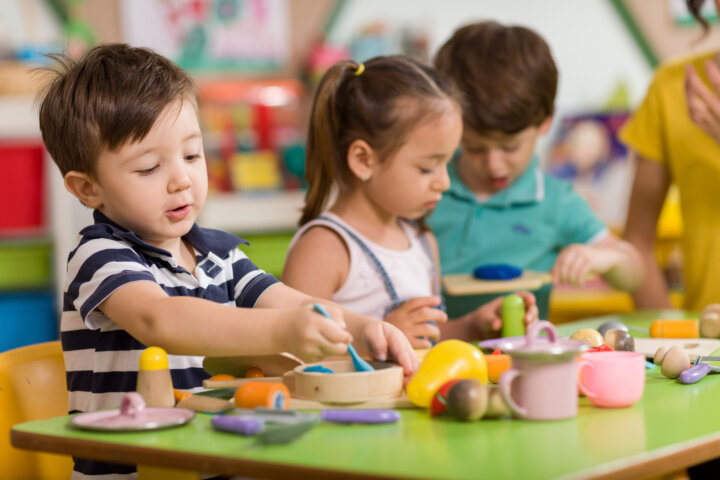Medborgarskapande på olika villkor: Självbilder, skolkoder och syn på kunskap i den svenska gymnasieskolan
Sofie Gustafssons forskning handlar om samspelet mellan skola och samhälle och om ungas medborgarskapande i gymnasieskolan.
Sofie Gustafsson
Björn Badersten, Lunds universtiet Professor Tomas Bergström, Göteborgs universitet
Maria Jansson, Stockholms universitet
Lunds universitet
2016-11-11
Medborgarskapande på olika villkor: Självbilder, skolkoder och syn på kunskap i den svenska gymnasieskolan
Citizenship in the making. : Self-image, school codes and learning under disparate conditions in Swedish upper secondary schools.
Statsvetenskapliga institutionen
Citizenship in the making. : Self-image, school codes and learning under disparate conditions in Swedish upper secondary schools.
Citizens are not born, they are made. Based on fieldwork in two upper-secondary school classes in Sweden – an Introductory Programme class and a Social Science Programme class – this dissertation focuses on how pupils form their identities as citizens in a democratic society. Citizens are made in interaction with the society they inhabit, an interaction where power is always present. Although Sweden is internationally seen as a comparatively equal society, citizens are still made in distinctly different ways.
Three theoretical aspects inform the fieldwork: self-image, school codes, and learning. When the teenagers in my fieldwork started their first year at a new school, they met new teachers, new classmates and a new school climate. In this context, the teenagers asked themselves the question “Who am I?” and as they interacted with their teachers and classmates, they created a new self-image. The Introductory Programme pupils – not eligible for a national programme since they lacked a passing grade in the subjects of Swedish, English and Math – needed to deal with others’ expectations of them as stupid, dangerous and embarrassing. The teenagers asked themselves if they wanted to appear as “gangsters”, thus gaining awe and respect. The pupils in the Social Science Programme – at a prestigous municipal school – posed very different questions about themselves, wondering if they were studious “swotters” or not, and in fact questioning their own academic capabilities while thinking that everyone else in the class knew so much.
The school codes, or social codes in the schools, were also distinctly different in the two classes. The pupils in the Introductory Program had a school code that emphasised rules and obedience, similar to the concept of “discipline”. The Social Science pupils, on the contrary, were expected to be self-governing and to take responsibility for their own learning. The school code thus resembled “governmentality”, a concept developed to describe the mode of governance in liberal democratic states.
Learning is certainly a central activity in schools, but it can take various forms. In the Introductory Programme, the teachers and pupils tended to focus on remembering and understanding words and concepts, e.g. the meaning of words in Swedish or the procedure of multiplication in Math. In the Social Science class, however, the teachers and pupils had a wider understanding of the concept of learning, often stressing analytical skills, while also discussing concepts. The teenagers were, for instance, asked to look for causes, effects and criteria of democracy.
On the whole, the study suggests that some teenagers learn that they are not good enough, that they are “Failed Citizens” and need to work hard to be accepted into the “Community of Values”. They learn that a good citizen is someone who obeys the laws and votes in general elections. Other teenagers find that they are already included in the “Community of Values” and learn that a good citizen is someone who is active in an ongoing normative discussion about what our society should be like.
Relaterade länkar

Svenska som andraspråk
 Åk F–Vux
Åk F–Vux
När leken inte fungerar
 Fsk
Fsk


